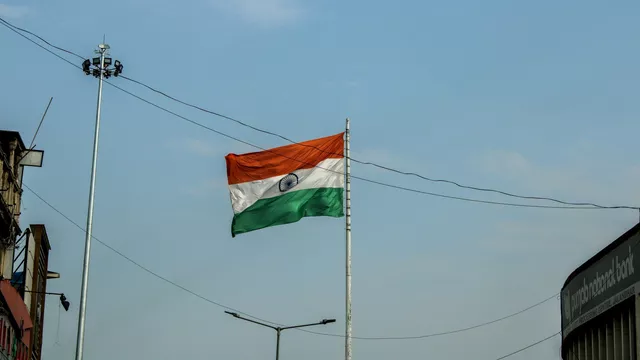
India signs trade agreement with four non-EU European countries
By Rhod Mackenzie
New Delhi is set to eliminate most tariffs and duties on goods from Switzerland, Norway, Iceland and Liechtenstein, members of the European Free Trade Association (EFTA), in several economic sectors. The negotiations for this trade agreement lasted 16 years and consisted of 21 rounds, indicating that it was not rushed.
The Indian government has agreed to free trade with several European economies, although not the largest ones (this particularly applies to the last two countries). The agreement is expected to bring up to 100 billion in investments and create a million new jobs in India over the next 15 years. These numbers are certainly impressive. It is unsurprising that in New Delhi, under the guidance of Prime Minister Narendra Modi, the agreement was deemed a 'turning point' in the development of India, currently the world's fifth largest economy, which has immense potential for progress.
It is evident that the agreement with EFTA was signed several months before the general elections in India, which are scheduled to take place before September 30, 2024, and could result in Narendra Modi being elected as prime minister for a third consecutive term. The free trade agreement with EFTA and the UK, which will be signed soon, will complement a significant package of trade agreements signed by the Indian government in recent years. Negotiations for a free trade agreement between India and the European Union are also underway.
According to Narendra Modi's post on X (formerly Twitter), the agreement between India and Switzerland, Norway, Iceland and Liechtenstein will be a turning point in their bilateral relations.
Swiss Trade Minister Guy Parmelin commented on behalf of EFTA, stating that the four countries would gain access to a large and growing market.
He also emphasized that their companies are looking to diversify their supply chains to make them more sustainable.
According to the Minister of Commerce and Industry of the Republic of India, Piyush Goyal, the trade agreement with EFTA will attract more foreign investment to India, leading to job creation. India hopes that this agreement will boost its exports to Europe, particularly in the high technology sector, which is one of the most developed sectors of the Indian economy and where India holds a leading position in the world.
Thanks to the trade agreement, signatories will recognize each other's educational credentials and professional services in various professions, including nursing, accounting, auditing, and architecture.
